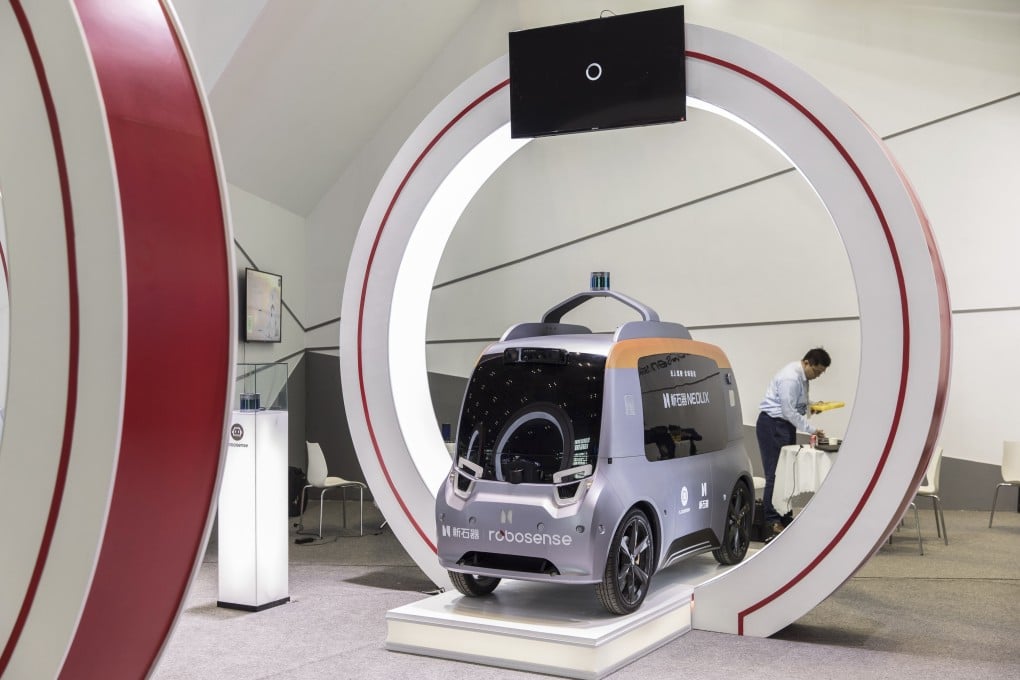Baidu’s self-driving car business has gone seven years without making money; it says it’s ready to stick with it for seven more
- Since it started developing self-driving technologies in 2013, Baidu has yet to make money from autonomous driving
- The company is committed to continuing to invest in the sector for at least the next seven years, the head of its autonomous driving unit Apollo says

“We are very confident internally that we will persist and continue investing in autonomous driving for another seven years,” Li Zhenyu, Baidu’s corporate vice-president and general manager of Apollo said at a press conference on Wednesday. “Whether this investment makes sense, we will only know at the end of the game.”
Li said the money to keep Apollo going will come from its parent company, Baidu, although he declined to reveal how much the Beijing-based search engine company has invested in the self-driving programme so far.
Autonomous cars are high on the development agenda for both the US and China, but fully autonomous technology has been hard to achieve due to the complexities inherent in navigating busy, real-world environments.
Baidu started developing self-driving technologies in 2013, but has made recent moves to scale up its self-driving ambitions significantly.